Navigate Guest Reviews: Essential Tips for Aspen Vacation Rental Owners
Guest reviews are more than reputation builders. They offer direct insight into your rental’s service, amenities, and guest satisfaction. For Aspen property owners, managing feedback strategically can build trust, increase bookings, and reinforce your standing in a highly competitive luxury market. Each review is an opportunity to showcase excellence, resolve friction points, and deliver a guest experience that drives loyalty and long-term success.
Table of Contents
- Common Types of Vacation Rental Guest Reviews
- How to Handle Guest Reviews as a Vacation Rental Owner
- Final Thoughts on Guest Reviews
- Additional Guest Review Frequently Asked Questions
Common Types of Vacation Rental Guest Reviews

Guest reviews fall into distinct categories, each offering different levels of insight and impact on your property’s long-term performance. Understanding these types allows owners to better interpret what’s being said, and, just as important, what’s not.
Positive Praise
Guests who leave five-star reviews tend to highlight moments that exceeded expectations. These reviews often reveal subtle touches, like early check-in flexibility, intuitive smart-home features, or a host’s thoughtful follow-up, that guests interpret as personal attention. Praise can also reflect smooth logistics: clear directions, responsive communication, and seamless arrival experiences.
In Aspen, guests frequently note well-executed finishes, high-end furnishings, and the ease of accessing seasonal amenities. When comments consistently applaud specific features or service touchpoints, they can be used to define internal brand standards and inspire future enhancements. Cataloging these highlights across multiple stays provides a roadmap for reinforcing excellence through consistency.
Constructive Criticism
Some guests express their feedback through helpful, well-intentioned suggestions. Instead of complaints, they flag opportunities, for example, noting a lack of towel hooks near the hot tub or suggesting printed guides for using new appliances. These observations often reflect small friction points that went unnoticed during staging or renovation.
The most valuable suggestions come from guests who otherwise had a positive stay. When feedback includes phrases like “we loved our time here, though it would’ve been helpful if…” take note. These comments can help shape future upgrades or inform decisions when allocating property improvement budgets. A simple change, like adding labeled storage bins for ski gear, can elevate functionality without major investment.
Neutral Observations
Neutral reviews tend to be brief and descriptive, offering a glimpse into the guest’s experience without emotional weight. This type of feedback often reads like a checklist, “good location, clean, as expected”, and it typically reflects a frictionless but unremarkable stay. While not negative, these reviews suggest the stay met baseline expectations without delivering standout moments.
Rather than dismissing neutral reviews, use them as calibration points. They signal operational steadiness but also reveal where guest experiences lack memorability. This type of feedback can guide adjustments to pre-arrival communication, in-stay engagement, or personalized offerings, areas that drive emotional connection and turn functional stays into repeat visits.
Negative Feedback
Critical reviews often emerge when communication breaks down, expectations are mismatched, or service recovery fails. These entries typically reference missing essentials, lack of responsiveness, or unresolved issues during the stay. More than the issue itself, guests tend to focus on how problems were handled, or ignored.
What makes negative reviews operationally useful is their specificity. Guests may mention that the heating system failed and no one responded for hours, or that they found the check-in instructions confusing after a late-night arrival. These details point to procedural gaps that can be corrected through better automation, clearer messaging, or expanded on-call support. For owners managing high-end properties, addressing these reviews transparently and quickly not only protects brand integrity, it also demonstrates leadership in guest experience management.
How to Handle Guest Reviews as a Vacation Rental Owner
A well-executed review strategy is more than a hospitality formality, it’s a competitive differentiator in high-expectation markets. Owners who adopt a deliberate, systemized approach to feedback management gain operational clarity and a stronger position in platform algorithms. The review cycle, submission, response, adjustment, becomes a dynamic part of the guest experience and property branding.
Create a Structured Review Response System
Establishing a defined process for review responses ensures consistency in tone, timeliness, and brand alignment. Begin by centralizing feedback from all booking platforms into a single dashboard. Tools like Breezeway, Hostaway, and Hospitable provide automated alerts, filtering by sentiment so that owners can prioritize high-impact responses first.
For each review, apply a three-part framework: acknowledge the guest by name, address specific comments with detail, and reaffirm your commitment to exceptional service. Personalized responses outperform generic thank-you notes by reinforcing the idea that guest input drives continual improvement. For example, if a guest praises the condition of your ski gear storage, you might respond with, “We’re glad you found the ski room layout intuitive, it was designed with slope-to-sofa transitions in mind.”
Develop a library of tone-calibrated templates for positive, mixed, and critical reviews. These should be flexible enough to allow personalization while maintaining a consistent voice. A digital SOP (standard operating procedure) for review management ensures your team, or co-host, can confidently represent your brand when you're unavailable.
Formalize Protocols for Ambiguous and Mixed Reviews
Reviews that lack clear sentiment or offer both praise and critique require careful handling. Avoid over-explaining or pressing for clarity. Instead, express appreciation for the feedback and use the opportunity to reinforce your attention to detail. For instance, a guest who writes “great location, but the lighting was tricky” could receive a reply like, “Thank you for your insight, we’ve added dimmer instructions to the welcome guide to ensure seamless control.”
When addressing critical reviews, avoid reactive language. Review the concern objectively and determine whether it reflects a one-off occurrence or a pattern. If the issue is valid, respond with transparency and reference the specific step taken to address it. If the claim is inaccurate, correct it factually and respectfully without diminishing the guest’s perspective. For example: “We appreciate your note about the outdoor heater. While it was fully operational during your stay, we’ve since added signage to clarify the controls.”
In situations where service recovery failed during the guest’s stay, a follow-up message, outside the review platform, may be appropriate. This shows initiative and can de-escalate long-term reputational damage. Whether or not compensation is offered, the gesture of outreach reinforces your commitment to accountability and professionalism.
Operationalize Feedback for Strategic Improvements
Treat reviews as a qualitative dataset that can guide property refinements. Tag feedback by theme, arrival experience, amenities, communication, layout, and review monthly for trends. Several platforms now allow hosts to auto-label reviews by keywords or sentiment, making it easier to identify recurring issues that may not stand out individually.
Use these insights to drive process enhancements. If multiple guests mention difficulty using a smart lock, revise the check-in instructions or switch to a more intuitive keypad model. If comments suggest that the bedding feels overly firm, consider piloting alternative mattress toppers in one suite and tracking future guest responses.
Incorporate review analysis into quarterly property audits. Align guest feedback with your capital improvements schedule and budget allocations. This creates a feedback loop where guest insights inform real changes, which then generate improved reviews, a cycle that elevates both guest satisfaction and property performance.
Review management is not reactive, it’s a deliberate, forward-facing practice. Owners who systematize this function position themselves to exceed expectations consistently, respond with precision, and evolve their offerings based on actionable insights.
Final Thoughts on Guest Reviews

Every guest review reflects a moment of truth, whether it validates what’s been built or surfaces where refinement is due. In a dynamic rental environment, these moments evolve with shifting expectations, seasonal demands, and the traveler’s growing desire for immersive, frictionless experiences. Properties that remain agile, where feedback informs refinement, not just performance metrics, consistently outperform static competitors.
Refinement draws its strength from context. Sometimes it’s a recalibrated guest-flow map that simplifies navigation through the space, or a subtle shift in how amenities are presented to match the rhythm of seasonal use. These micro-adjustments originate not from guesswork but from the cadence of real guest behavior: where they pause, what they overlook, how they interpret the environment. The goal isn’t to impress with novelty, it’s to make staying feel inevitable.
Additional Guest Review Frequently Asked Questions
How soon should I respond to a review?
Timely responses reflect operational control and professionalism. A reply within two business days signals attentiveness and a commitment to service continuity, especially in high-touch environments where expectations are elevated.
This window also ensures that your messaging remains aligned with the guest’s emotional recall, allowing you to address both praise and concerns with relevance. Inconsistent or delayed engagement can unintentionally suggest detachment, which may influence how future guests perceive your responsiveness even before arrival.
What if guests are inaccurate in their claims?
When guests provide feedback that doesn’t align with documented facts, address it with calm precision. Avoid defensive language and instead offer context that is factual and verifiable. For example: “We reviewed your concern regarding the spa heater; our logs confirm it was inspected the morning of your arrival and showed no malfunctions. However, we’ve since added clearer instructions to our guidebook for ease of use.”
The goal is not to challenge the guest’s experience but to clarify the circumstances in a respectful, composed manner. If the content violates platform integrity standards, such as fabricated claims or retaliatory language, submit it for review through the appropriate moderation channels.
How do I increase reviews?
Consistent, thoughtful follow-up is key to encouraging guest feedback. Post-stay messages should be timely, personalized, and easy to act on. Use direct links embedded in the message to reduce friction, and phrase your request in a way that highlights guest influence: “Your feedback helps us shape future stays with the same attention to detail you experienced.”
Automated tools like Hospitable or TouchStay can handle delivery, but the tone of the message must remain tailored. For returning guests or those who provided positive in-person feedback, reference specific details from their stay to reinforce connection and increase the likelihood of a written review.
Should I make major changes straightaway?
Assess upgrades through the lens of frequency and impact. Immediate action should be reserved for issues that compromise safety, function, or comfort, such as malfunctioning climate control or missing essentials. These are non-negotiable and should be resolved before the next guest arrives.
On the other hand, amenity suggestions or aesthetic preferences, like requests for specific kitchen items or alternative lighting, warrant a measured approach. Track patterns over time. If several guests within a season suggest enhancements that align with your brand standards, fold them into your quarterly or annual improvement cycle. This ensures updates are strategic, not reactive.
Why focus on negativity?
Critical feedback often uncovers operational blind spots that routine inspections may not reveal. These moments, though uncomfortable, provide tangible opportunities to refine the guest experience and reinforce your brand’s agility. A well-managed response to a legitimate concern not only resolves the issue, it demonstrates that your operation is designed to adapt.
Negative reviews also offer prospective guests insight into how you handle adversity. A composed, constructive reply paired with a documented resolution often builds more trust than a string of unexamined five-star ratings. In this way, a well-handled critique becomes a showcase of your property’s commitment to hospitality under pressure.
Every review tells a story, not just about your property, but about the experience you deliver. By managing guest feedback with strategy and care, you position your rental for long-term success in a discerning market. If you're ready to elevate your investment or expand your portfolio, contact Ryan Schwartz for professional guidance in buying or selling luxury real estate, we’re here to help you navigate every step with confidence.






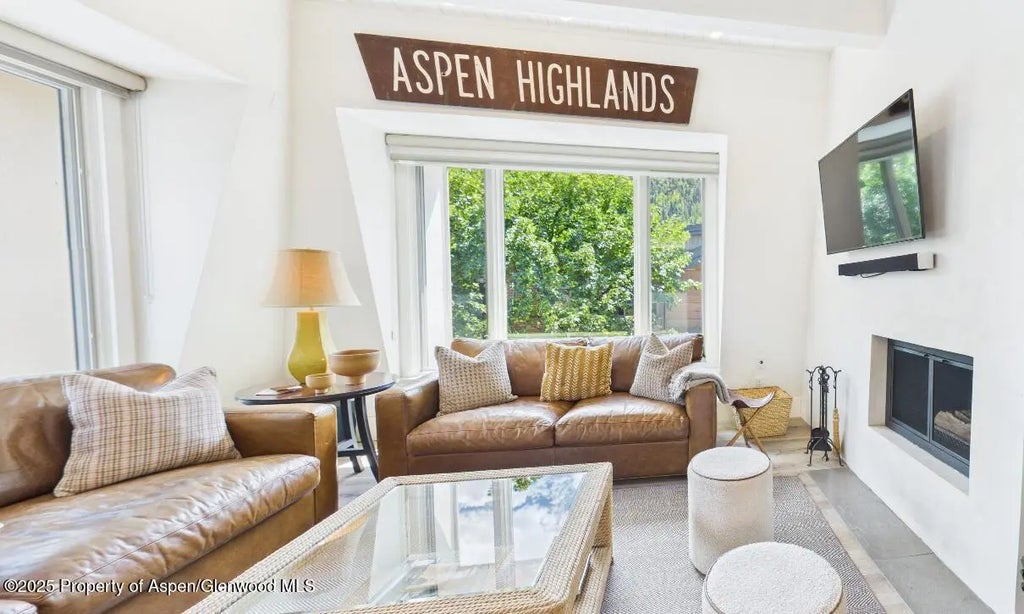
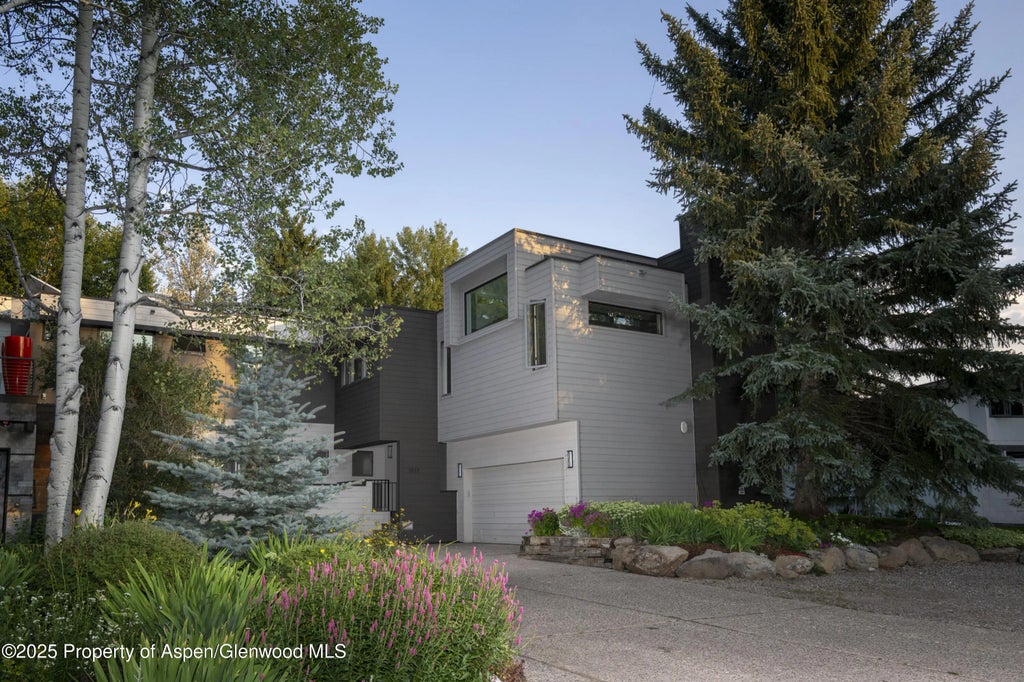
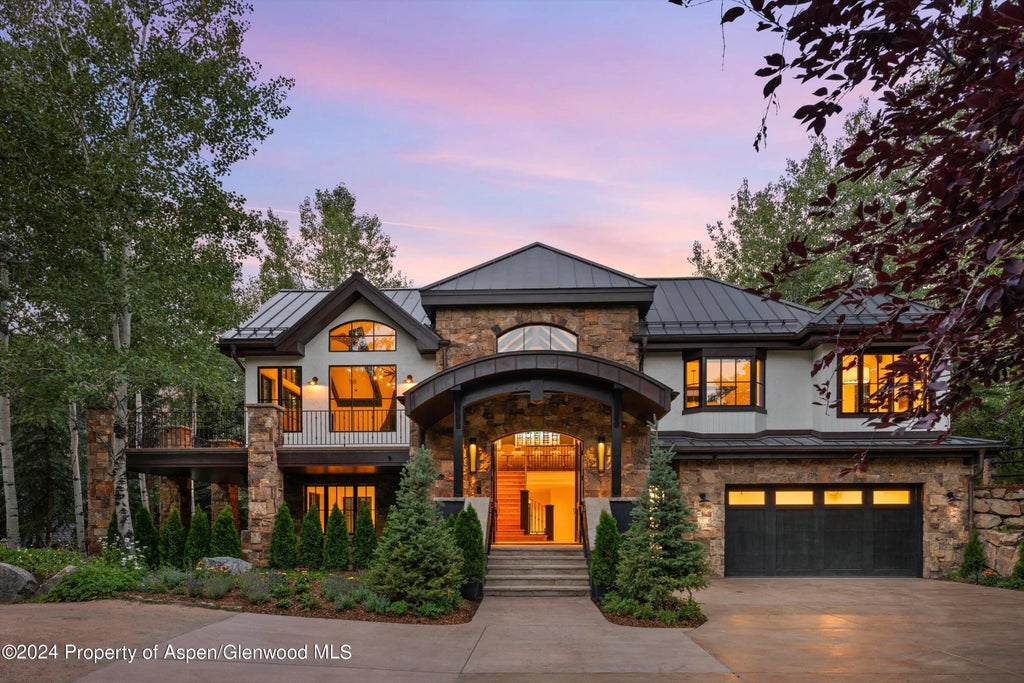

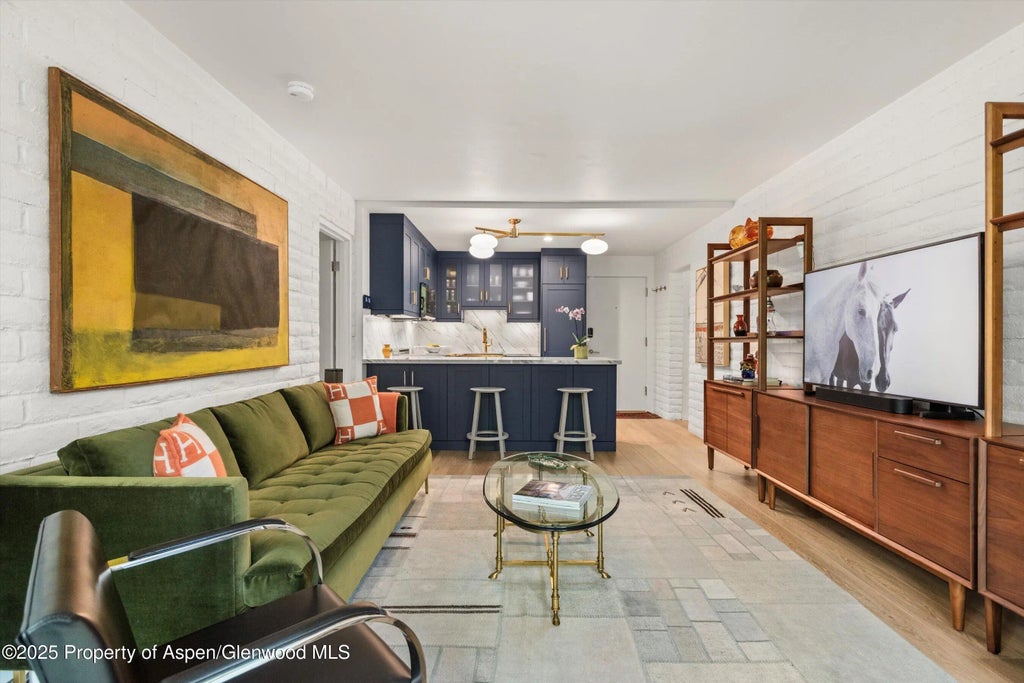
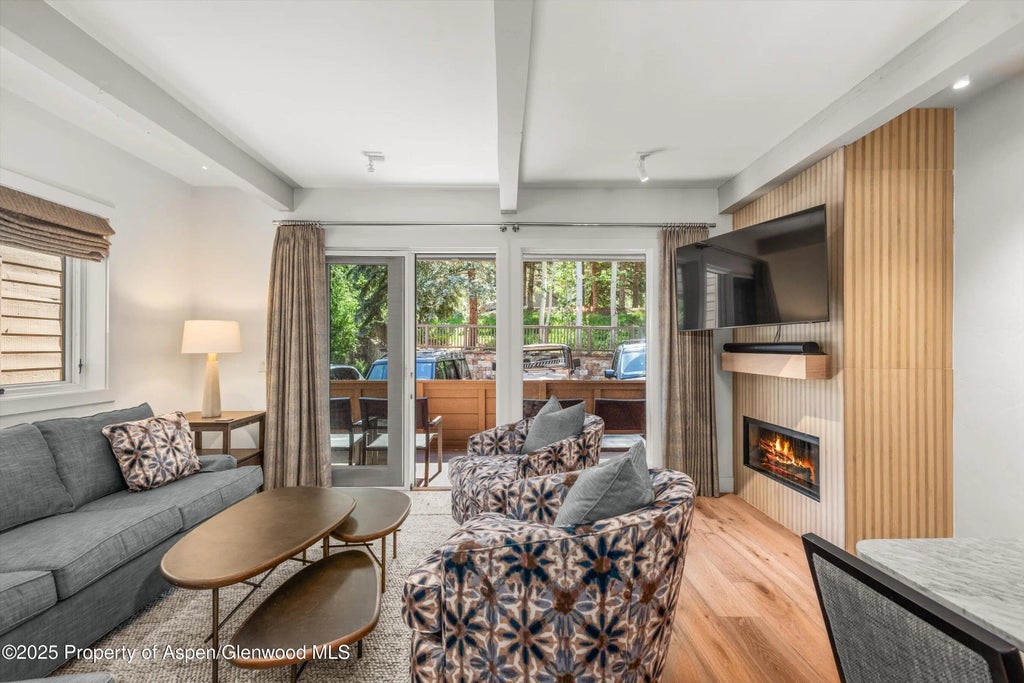
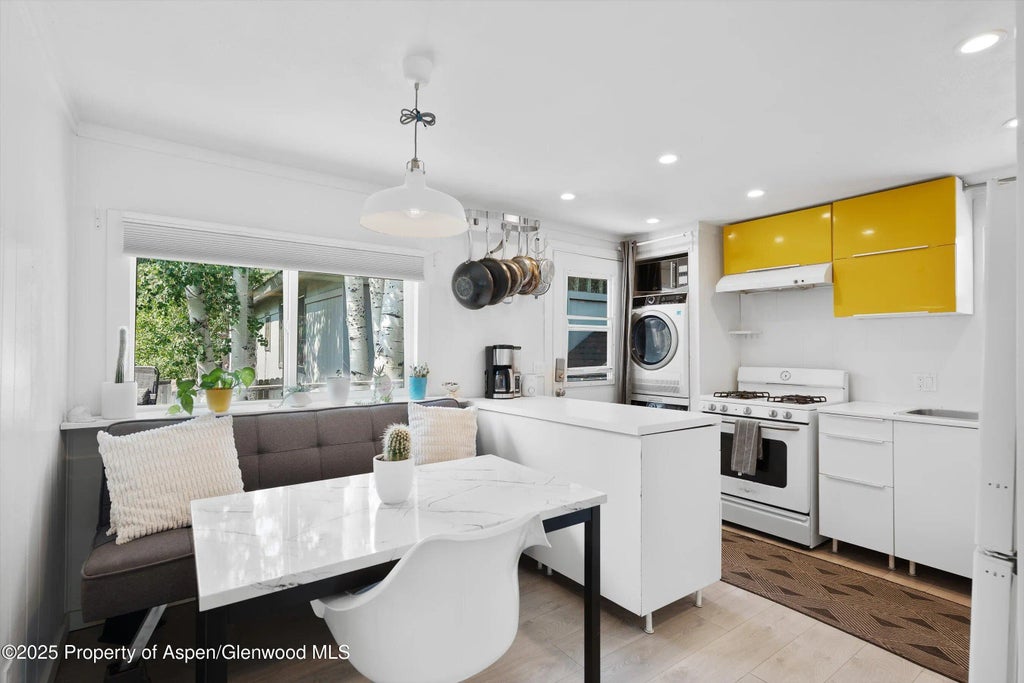
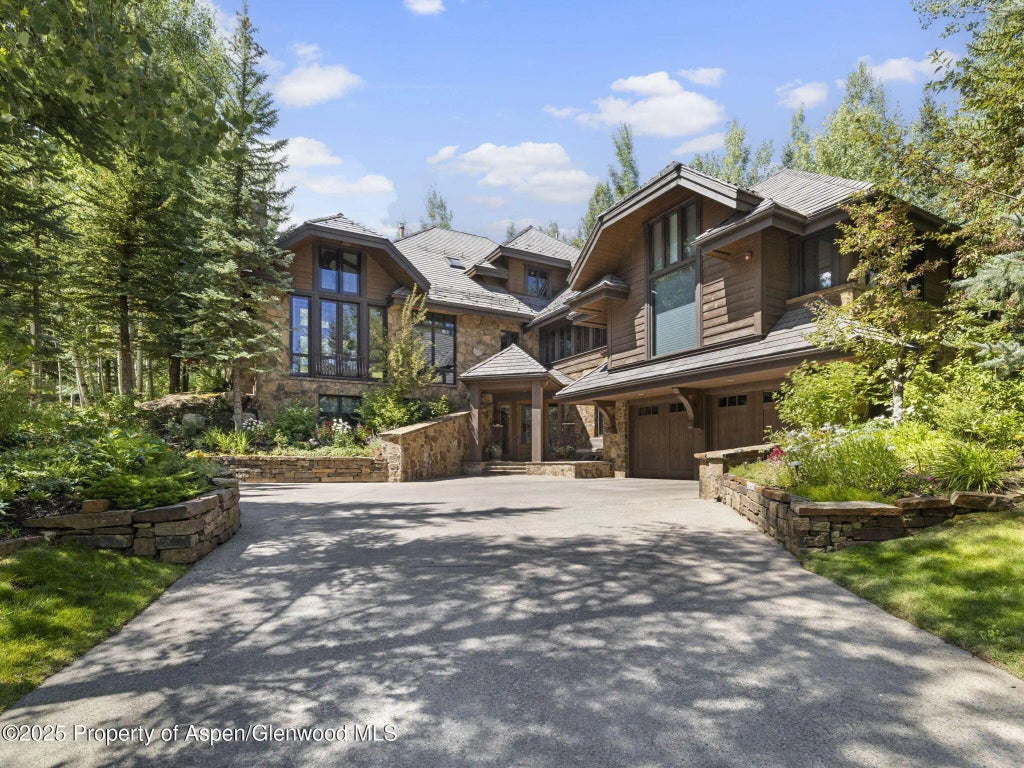
Leave A Comment